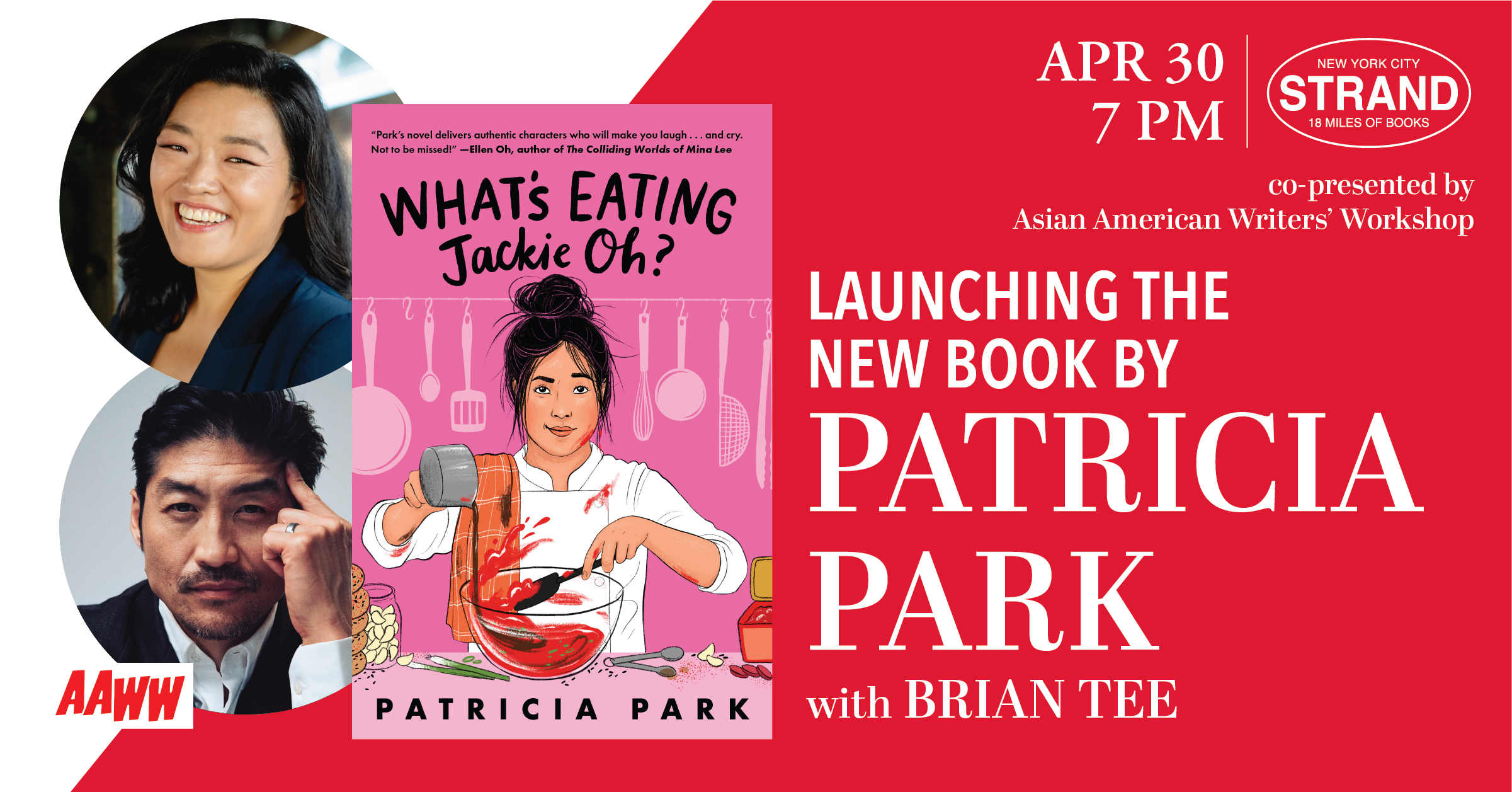Come hear one of the foremost Asian American novelists of her generation and the artist-activists who defined what it means for all of us to be Asian American. This special symposium features key activists Corky Lee, Tomie Arai, and Jack Tchen alongside Karen Tei Yamashita, whose new novel, I-Hotel, is destined to be a future classic of Asian American literature.
2-3PM, Panel on Asian American Arts and Activism
Corky Lee, the pre-eminent photojournalist and documentarian of the Asian Pacific American community in New York, and Tomie Arai, pioneering Asian American artist and activist, present their works from the 1970s and today. In a conversation led by Jack Tchen, founding director of the A/P/A (Asian/Pacific/American) Studies Program and Institute at New York University, we hear how the arts create a collective memory of change.
3-4PM, Karen Tei Yamashita Reading from I-Hotel
Karen Tei Yamashita reads from her newest novel and her magnum opus, I-Hotel, which takes its name from San Francisco’s International Hotel. When the I-Hotel’s mainly Filipino residents were hit with eviction notices in the name of urban renewal, this Manilatown institution became the epicenter for the Yellow Power Movement. The hip, inventive novel follows a motley cast of students, laborers, artists, revolutionaries, and provocateurs through a riptide of politics and passion, clashing ideologies and personal turmoil in the 1960s and 1970s. Written in 10 chapters that read as novellas, each opening with a die showing 6-sides of the Asian American movement—like Aiko Masaoka, the 1969 TWLF Strike, the death of Bruce Lee and Eldridge Cleaver in exile—I-Hotel jumps from screenplay to fairy tale in a formally ambitious testament to the Asian American movement. By the time the survivors unite to save the International Hotel—epicenter of the Yellow Power movement—their stories have come to define the very heart of the American experience.
Karen Tei Yamashita is one of the foremost writers of her generation. She is heralded as a “big talent” by the Los Angeles Times, extolled by the New York Times for her “mordant wit,” and praised byNewsday for “wrestl[ing] with profound philosophical and social issues” while delivering an “immensely entertaining story.” I Hotel, which took over a decade to write and research, is her magnum opus, and one of the most ambitious Asian American novels ever written. She is author of five novels, including Through the Arc of the Rainforest, which received an American Book Award and the Janet Heidinger Kafka Award. A California native who has also lived in Brazil and Japan, she teaches at the University of California-Santa Cruz. (Photo by Mary Uyematsu Kao)
John Kuo Wei (Jack) Tchen is a historian and cultural activist who for 30 years has been helping to give voice to individuals and communities of the past and the present who have been absent from our public history. He is the founding director of the A/P/A (Asian/Pacific/American) Studies Program and Institute at New York University and the New York Chinatown History Project (1980), now called the Museum of Chinese in the Americas. In 1991, he was awarded the Charles S. Frankel Prize from the National Endowment for the Humanities. He is author of the award-winning books: Genthe’s Photographs of San Francisco’s Old Chinatown, 1895-1906 (1987) and New York before Chinatown: Orientalism, and Shaping of American Culture, 1776-1882.
Tomie Arai is an activist, artist, philosopher, poet, historian, printmaker, instillation artist, and public artist who has worked collaboratively with community groups for over thirty years. She has realized numerous commissions, including ones from the Cambridge Arts Council, New York City Department of Cultural Affairs Percent for Art Program, and the National Endowment for the Arts. She is the recipient of two New York Foundation for the Arts Fellowships in Printmaking, a 1995 Joan Mitchell Visual Arts Grant, a 1997 Mid Atlantic Arts Foundation Visual Artist Residency, and a 1994 NEA Visual Arts Fellowship. Arai’s work explores the relationship of art to history and the role that memory plays in retelling a collective past. Some of her recent works include a series of constructions that incorporate silk-screened photographs addressing issues of identity, displacement, and acculturation. She is married to Legan Wong, has two children and is a grandmother.
Corky Lee, known as the “undisputed unofficial Asian American Photographer Laureate,” is a self-taught photographer, has been documenting Asian and Pacific American community for over 30 years. His work, which has been described as “only a small attempt to rectify omissions in our history text books,” has appeared in Time magazine, the New York Times, The Village Voice, Associated Press, The Villager and Downtown Express. In an interview in AsianWeek Lee commented: “I’d like to think that every time I take my camera out of my bag, it’s like drawing a sword to combat indifference, injustice and discrimination, trying to get rid of stereotypes.”
@The Asian American Writers’ Workshop
110-112 West 27th Street, 6th Floor
Between 6th and 7th Avenues
Free and open to the public
Programs funded, in part, by the New York City Council for the Humanities.
Program supported in part by the C.J. Huang Foundation

![[IN-PERSON] AAWW & The Strand Present: Eddie Ahn & Kristen Radtke - Advocate](https://aaww.org/wp-content/uploads/2024/04/4-24-24-Advocate-1200x628_2x-v2.png)
![[IN-PERSON] SEJAL SHAH PRESENTS HOW TO MAKE YOUR MOTHER CRY, WITH MINNA PROCTOR](https://aaww.org/wp-content/uploads/2024/03/MotherCry_IG.png)
